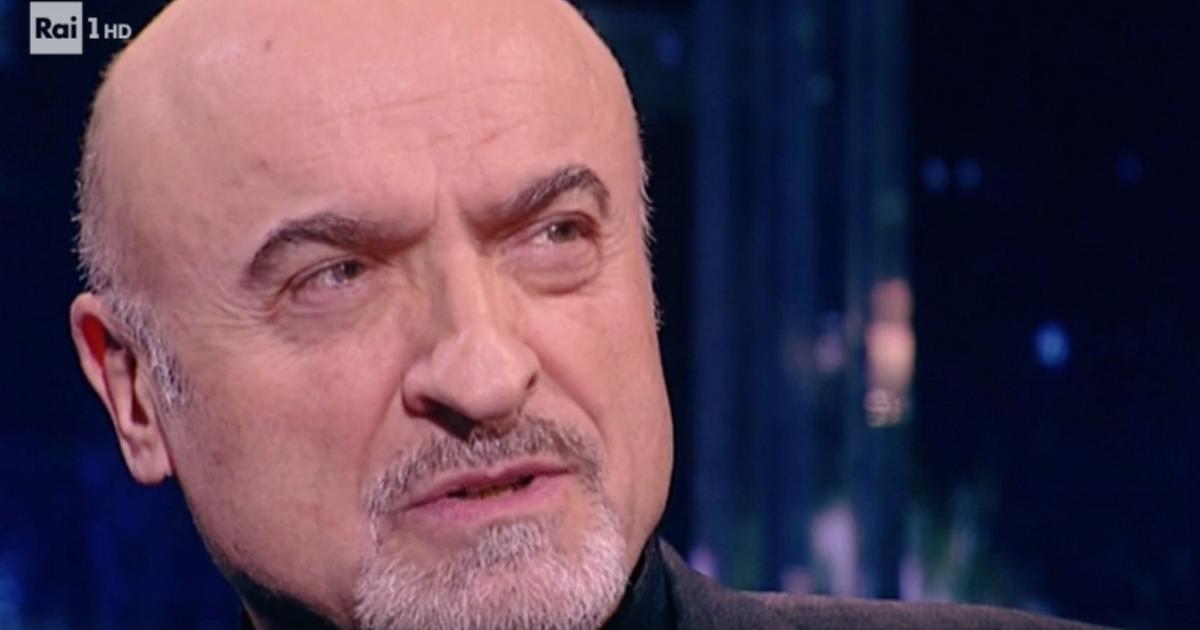Arts and entertainment Television
The interview with "Sottovoce" in 2018
Ivano Marescotti: from employee at the municipality of Ravenna to actor, by chance, at 35 years old
Died in Ravenna, at the age of 77, Romagna doc, actor who in the past would perhaps have called himself character, Marescotti was among the protagonists in the films "Cado dalle nubi", debut of Checco Zalone, and "Johnny Stecchino" by Roberto Benigni
27/03/2023
Although the arrival at the theater was late, the passion at a certain point exploded. After finishing art school, Ivano Marescotti enrolled in the Faculty of Architecture and then was hired as a clerk in the Urban Planning office in the Municipality of Ravenna. A job he did until 1981 when, at the age of 35, he substituted a friend for a play. This is the story of Marescotti when in 2018, during the interview with "Sottovoce", the Rai program conducted by Gigi Marzullo, the actor retraces the beginnings of his artistic career.
So from an audition to the first show, without experience, but animated by a sudden sacred fire, Marescotti resigned and began his acting career. He studied at Dams in Bologna and then faced the ranks. The turning point came thanks to the meeting with Giorgio Albertazzi in 1984, when he was chosen to star in the comedy "Il genio" written by Damiano Damiani and Raffaele La Capria. Then the road continued downhill. Among the protagonists of "Cado dalle nubi", Checco Zalone's first film, he worked with Roberto Benigni in "Johnny Stecchino", but also in several international productions, with Ridley Scott, Anthony Minghella, and in Italy, among others, with Mario Martone, Carlo Cecchi, Giampiero Solari. In 'King Arthur' (2004), with Clive Owen, Keira Knightley and Ioan Gruffudd, he played the role of Bishop Germano.
The film activity earned him six nominations for the Nastro d'Argento, which he won in 2004 for his performance in the short film "Assicurazione sulla vita" by Tomaso Cariboni and Augusto Modigliani. Since 1993 he has begun an in-depth work of recovery of his Romagna dialect, returning to the theater with the texts of Raffaello Baldini, and then rereading in his own way greats such as Dante and Ariosto.

